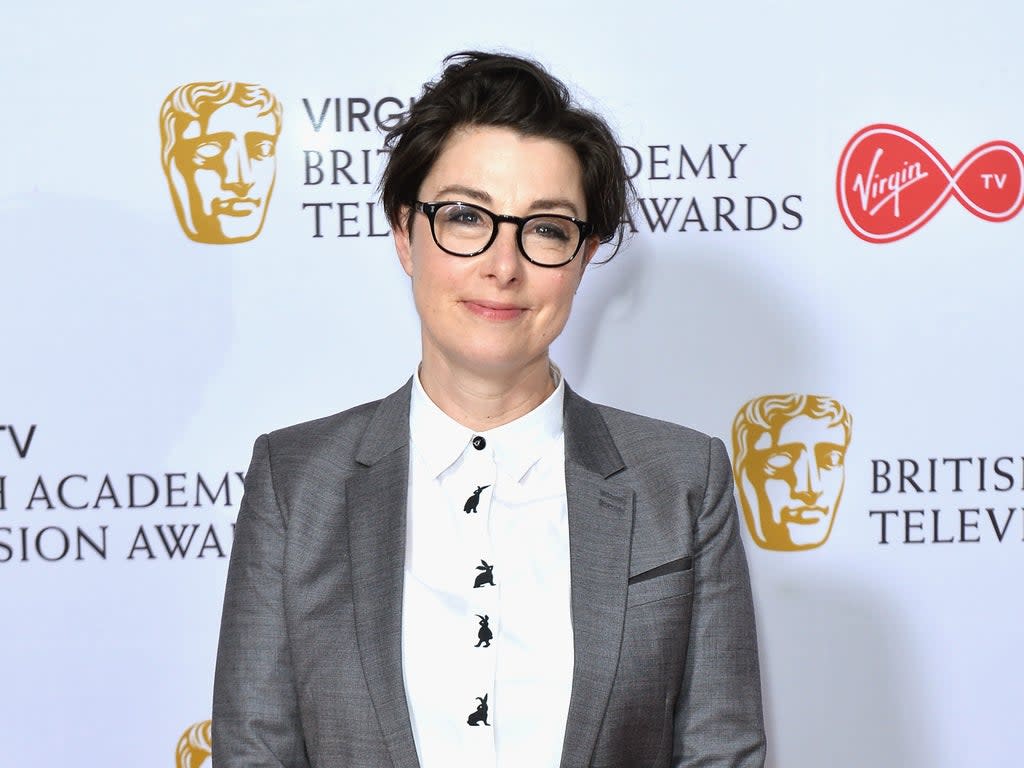Sue Perkins urges people to ‘take care of their eyes’ after opticians identified father’s brain tumour

TV presenter Sue Perkins has urged people to go for regular eye checks after her father was diagnosed with a brain tumour following a visit to the opticians.
In an appearance on BBC Radio Cornwall, the former Great British Bake-Off host stressed that opticians could identify underlying conditions like diabetes and glaucoma at an early stage.
Perkins’ father, Bert, was diagnosed with an inoperable brain tumour in 2017. It was originally identified by an optician six months before he died.
“I’ve been banging the drum for people to get their eyes checked since my father sadly passed away.
“Opticians are there for more than just subscriptions, they can check your eye health for conditions like diabetes and glaucoma,” she said.
She urged people to “take care of their eyes” and not to ignore blurred vision.
“For those worried about getting their eyes checked, the new technology feels like nothing more than a sigh over the eyeball.”
“People seem to think it’s okay to muddle along with blurred vision because they’d rather not be reminded that they’re getting old.
“The earlier you can get a diagnosis, the more chance you have of a pain-free existence,” she said.
Some opticians, like Specsavers, offer optical coherence tomography (OCT) scans, which can detect early signs of health conditions affecting the eyes.
This includes diabetic retinopathy, where the back of the eye becomes damaged due to complications of diabetes, and glaucoma, where the nerve connecting the eyes to the brain becomes damaged.
In 2015, Perkins revealed that she was diagnosed with a benign brain tumour on her pituitary gland in 2007.
Speaking to Good Housekeeping magazine, she said that one side effect of the tumour is that she is unable to have children.
“We live in a time and place where we think everything is possible. I don’t know if I would have gone on to have children. But as soon as someone says you can’t have something, you want it more than anything,” she said.
Read More
How gratitude and being positive can improve mental health
One in five children waiting three months to be seen by mental health specialists
Girls most anxious and unhappy with their mental health, says report
Folic acid is to be added to flour: What exactly is it and why is it important?
Everything you need to know about organ donation
‘Situationship’ stuck in limbo? 6 signs your partner will never commit

 Yahoo News
Yahoo News 
